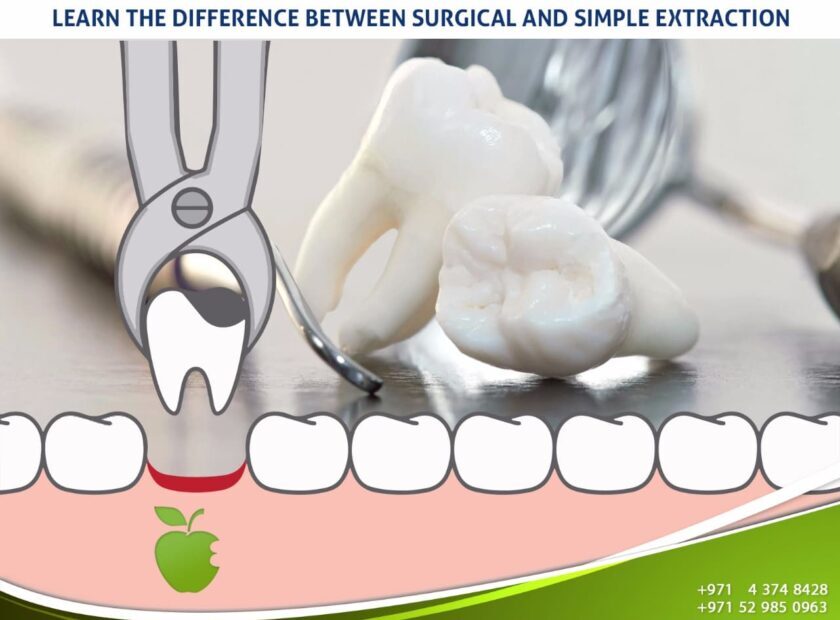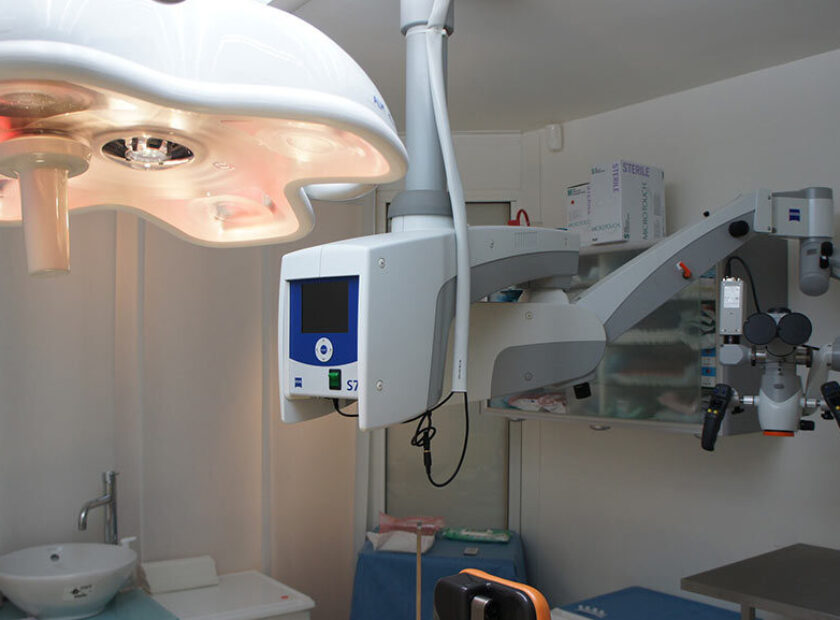
Receding gums and its effects on overall health
Receding gums or gum recession or shrinking refers to the vertical loss of gum tissue around an individual’s teeth. There are many causes of gum recession, which involves some irritation of the gum tissues around the teeth, explains a dental surgeon in Dubai.
There are two types of gum tissue, thick or flat and thin or scalloped. For individuals who have thin or scalloped gums, they may be prone to easily develop recession. Using a hard toothbrush and abrasive toothpaste can chronically irritate the gums and cause gum recession. When an individual has a bite that is off and uneven, it can cause recession around the teeth involved. Large fillings and other dental work, root canals, posts, excessive bite pressure from tooth grinding or clenching can all causes gum recession. Other causes include, patients who use a sonic toothbrush, which can vibrate the gums away from the tooth and cause gum recession. Using mouthwashes that contain alcohol can cause recession due to the toxic chemicals in them. Recession can also be caused by over 2,300 species of bacteria. The bacteria can deposit substances on teeth that have endotoxin. The endotoxin irritates the gum tissue, thereby leading to recession.
Gum recession is considered dangerous as it can lead to premature acid and mechanical erosion of the exposed roots of the teeth involved with recession. This makes the teeth look longer, as when the gums shrink, the same happens to the bone. Bone shrinkage is permanent and cannot be reversed or grown back. This can lead to tooth loss, which is also permanent. A tooth that is prone to gum recession may develop hot and cold sensitivity, while the food may begin to stick to the tooth roots and gums, irritating the mouth and making an individual feel uncomfortable. This temperature sensitivity may then lead to requiring extensive dental treatment such as root canals and dental crowns Dubai.
Gum recession and shrinkage can allow dangerous bacteria to enter the blood stream through exposed roots, which can lead to the following,
- Increases risk of heart attack
- Increased risk of pancreatic cancer
- Increases risk of stroke
- Diabetes
- Respiratory diseases that affect breathing
- Loss of vision, toes, sinus problems, and fatigue
- Memory loss
- Early stages of Alzheimer’s disease
Patient with gum recession who require dental implants in Dubai will require gum or bone grafting before or during the implant procedure to thicken the gums and make sure the dental implant procedure is a success.
In order to treat gum recession, the first step will be to determine the cause of the recession, follow a good oral care routine and receive detailed dental cleanings. For more severe gum recession, individuals may need to be treated with a minor surgical procedure to move the gums back and cover the exposed root. Certain patients may need a combination of procedures to treat gum recession.
Therefore, it is important to keep your routine dental visits to your local dental surgeon and detect gum recession at the onset, where treatment can be administered immediately, before gum recession develops to an advanced stage.





